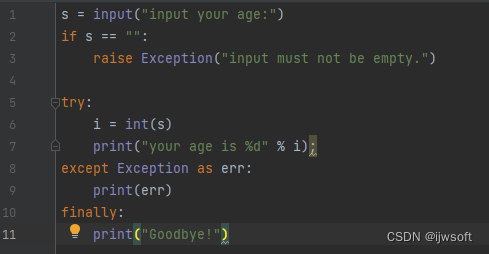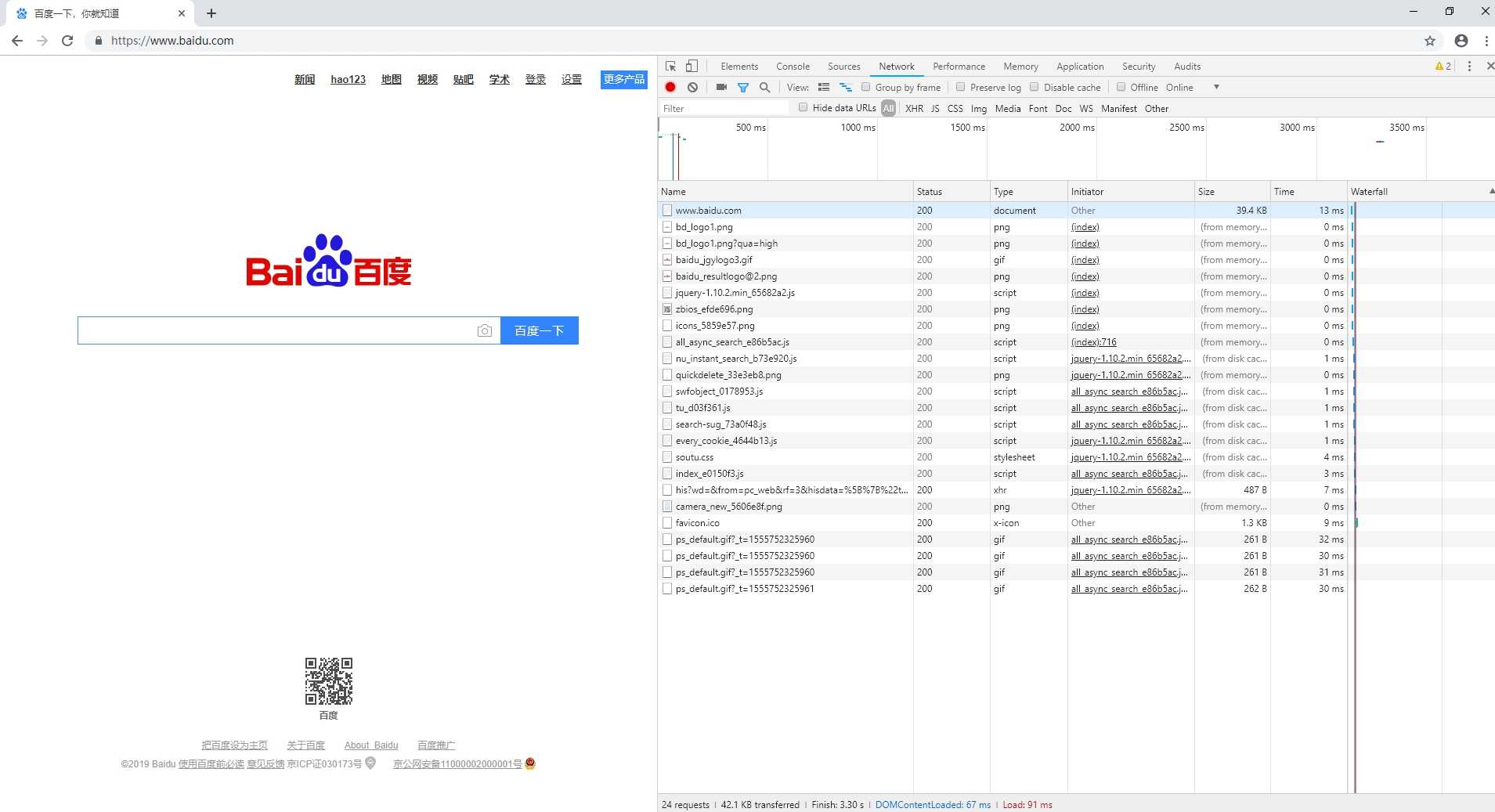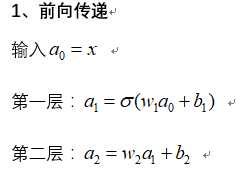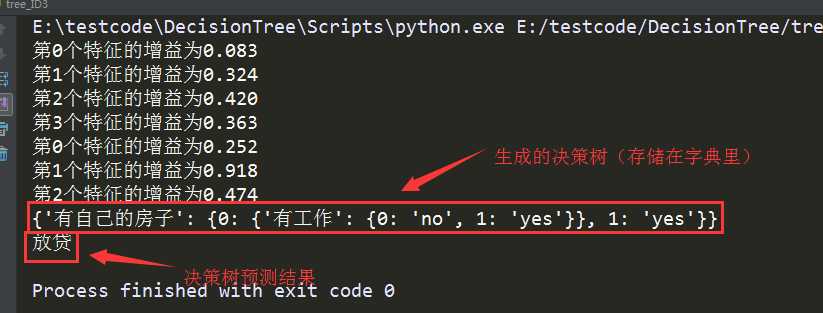python内置函数用来打开或创建文件并返回文件对象_python内置函数
Hi,大家好,我是编程小6,很荣幸遇见你,我把这些年在开发过程中遇到的问题或想法写出来,今天说一说python内置函数用来打开或创建文件并返回文件对象_python内置函数,希望能够帮助你!!!。
python内置函数
查看python的内置函数
>>> dir(__builtins__)
['ArithmeticError', 'AssertionError', 'AttributeError', 'BaseException', 'BlockingIOError', 'BrokenPipeError', 'BufferError', 'BytesWarning', 'ChildProcessError', 'ConnectionAbortedError', 'ConnectionError', 'ConnectionRefusedError', 'ConnectionResetError', 'DeprecationWarning', 'EOFError', 'Ellipsis', 'EnvironmentError', 'Exception', 'False', 'FileExistsError', 'FileNotFoundError', 'FloatingPointError', 'FutureWarning', 'GeneratorExit', 'IOError', 'ImportError', 'ImportWarning', 'IndentationError', 'IndexError', 'InterruptedError', 'IsADirectoryError', 'KeyError', 'KeyboardInterrupt', 'LookupError', 'MemoryError', 'ModuleNotFoundError', 'NameError', 'None', 'NotADirectoryError', 'NotImplemented', 'NotImplementedError', 'OSError', 'OverflowError', 'PendingDeprecationWarning', 'PermissionError', 'ProcessLookupError', 'RecursionError', 'ReferenceError', 'ResourceWarning', 'RuntimeError', 'RuntimeWarning', 'StopAsyncIteration', 'StopIteration', 'SyntaxError', 'SyntaxWarning', 'SystemError', 'SystemExit', 'TabError', 'TimeoutError', 'True', 'TypeError', 'UnboundLocalError', 'UnicodeDecodeError', 'UnicodeEncodeError', 'UnicodeError', 'UnicodeTranslateError', 'UnicodeWarning', 'UserWarning', 'ValueError', 'Warning', 'WindowsError', 'ZeroDivisionError', '__build_class__', '__debug__', '__doc__', '__import__', '__loader__', '__name__', '__package__', '__spec__', 'abs', 'all', 'any', 'ascii', 'bin', 'bool', 'bytearray', 'bytes', 'callable', 'chr', 'classmethod', 'compile', 'complex', 'copyright', 'credits', 'delattr', 'dict', 'dir', 'divmod', 'enumerate', 'eval', 'exec', 'exit', 'filter', 'float', 'format', 'frozenset', 'getattr', 'globals', 'hasattr', 'hash', 'help', 'hex', 'id', 'input', 'int', 'isinstance', 'issubclass', 'iter', 'len', 'license', 'list', 'locals', 'map', 'max', 'memoryview', 'min', 'next', 'object', 'oct', 'open', 'ord', 'pow', 'print', 'property', 'quit', 'range', 'repr', 'reversed', 'round', 'set', 'setattr', 'slice', 'sorted', 'staticmethod', 'str', 'sum', 'super', 'tuple', 'type', 'vars', 'zip']
作用域相关 ★★★★★
locals() 函数会以字典的类型返回当前位置的全部局部变量。若在最外面,与globals()相同。
globals() 函数以字典的类型返回全部全局变量。
a = 1
b = 2
def f1():
c = 1
print('inner locals>>>>', locals())
f1()
print('globals>>>>', globals())
print('outer locals>>>>', locals())
print(globals() == locals()) # 若在最外面,与globals()相同。结果为True
'''
inner locals>>>> {'c': 1}
globals>>>> {'__name__': '__main__', '__doc__': None, '__package__': None, '__loader__': <_frozen_importlib_external.sourcefileloader object at>, '__spec__': None, '__annotations__': {}, '__builtins__': , '__file__': 'E:\\oldboy_project\\test3.py', '__cached__': None, 'a': 1, 'b': 2, 'f1': }
outer
locals >>>> {'__name__': '__main__', '__doc__': None, '__package__': None, '__loader__': <_frozen_importlib_external.sourcefileloader object at>, '__spec__': None, '__annotations__': {}, '__builtins__': , '__file__': 'E:\\oldboy_project\\test3.py', '__cached__': None, 'a': 1, 'b': 2, 'f1': }
True
'''
其他相关
字符串类型代码的执行 eval,exec,complie,不建议使用★★★☆☆
eval执行的代码字符串有返回值,会接收。
exec不接收返回值。
# print(eval('x')) # not defined
x = 1
print(eval('x + 3')) # 4
print(exec('x + 3')) # None
输入输出相关 input,print ★★★★★
input:函数接受一个标准输入数据,返回为 string 类型。参数默认为None,若给了字符串,会出现提示内容。
print:打印输出。
print(*args, sep=' ', end='\n', file=sys.stdout, flush=False)
sep 是args每个参数显示的间隔。
end 是最后以什么结束。
file 接收文件句柄,可以赋值给一个文本文件。
flush 立即把内容输出到流文件,不作缓存
with open('print.txt', mode='w', encoding='utf-8') as f:
print('hello world!I am learning python.', file=f)
# 命令行中没有显示结果,而新建了一个“print.txt"文件,里面有所写的内容。
print(1, 2, 3, sep='|') # 1|2|3
内存相关 hash id ★★★☆☆
hash:获取一个对象(可哈希对象:int,str,Bool,tuple)的哈希值。
hash一般会得到一个长度为18的数字,
若是数值长度超过18会得到一个长度18的数字。
长度小于18会是它原来的数值。
>>> a = 100
>>> b = '100'
>>> c = True
>>> tu = (1, 2)
>>> hash(a) #数字还是它所显示的值。
100
>>> hash(b)
5677959494014640638
>>> hash(c)
1
>>> hash(tu)
3713081631934410656
id: 获取该对象的内存地址。
文件操作相关
open() ★★★★★
函数用于打开一个文件,创建一个 file 对象,相关的方法才可以调用它进行读写。
模块相关__import__ ★★★☆☆
import:函数用于动态加载类和函数 。
帮助 help:函数用于查看函数或模块用途的详细说明。 ★★☆☆☆
name = 'alex'
print(help(str))
调用相关
callable:函数用于检查一个对象是否是可调用的。如果返回True,object仍然可能调用失败;但如果返回False,调用对象ojbect绝对不会成功。 ★★★☆☆
>>> def f1():
... print('a')
...
>>> callable(f1)
True
>>> name = 'python'
>>> callable(name)
False
查看内置属性 ★★★☆☆
dir:函数不带参数时,返回当前范围内的变量、方法和定义的类型列表;带参数时,返回参数的属性、方法列表。
如果参数包含方法__dir__(),该方法将被调用。如果参数不包含__dir__(),该方法将最大限度地收集参数信息。
>>> s = 'abc'
>>> dir(s)
['__add__', '__class__', '__contains__', '__delattr__', '__dir__', '__doc__', '__eq__', '__format__', '__ge__', '__getattribute__', '__getitem__', '__getnewargs__', '__gt__', '__hash__', '__init__', '__init_subclass__', '__iter__', '__le__', '__len__', '__lt__', '__mod__', '__mul__', '__ne__', '__new__', '__reduce__', '__reduce_ex__', '__repr__', '__rmod__', '__rmul__', '__setattr__', '__sizeof__', '__str__', '__subclasshook__', 'capitalize', 'casefold', 'center', 'count', 'encode', 'endswith', 'expandtabs', 'find', 'format', 'format_map', 'index', 'isalnum', 'isalpha', 'isdecimal', 'isdigit', 'isidentifier', 'islower', 'isnumeric', 'isprintable', 'isspace', 'istitle', 'isupper', 'join', 'ljust', 'lower', 'lstrip', 'maketrans', 'partition', 'replace', 'rfind', 'rindex', 'rjust', 'rpartition', 'rsplit', 'rstrip', 'split', 'splitlines', 'startswith', 'strip', 'swapcase', 'title', 'translate', 'upper', 'zfill']
迭代生成器相关
range:函数可创建一个整数对象,一般用在 for 循环中。
python2x: range(3) ---> [0,1,2] 列表
xrange(3) ---> 一个生成器
python3x: range(3) ---> range(0,3) 可迭代对象
next:内部实际使用了__next__方法,返回迭代器的下一个项目。
# 首先获得Iterator对象:
it = iter([1, 2, 3, 4, 5])
# 循环:
while True:
try:
# 获得下一个值:
x = next(it)
print(x)
except StopIteration:
# 遇到StopIteration就退出循环
break
iter:函数用来生成迭代器(讲一个可迭代对象,生成迭代器)。
from collections import Iterable
from collections import Iterator
l = [1,2,3]
print(isinstance(l,Iterable)) # True
print(isinstance(l,Iterator)) # False
l1 = iter(l)
print(isinstance(l1,Iterable)) # True
print(isinstance(l1,Iterator)) # True
基础数据类型相关
今天的分享到此就结束了,感谢您的阅读,如果确实帮到您,您可以动动手指转发给其他人。









